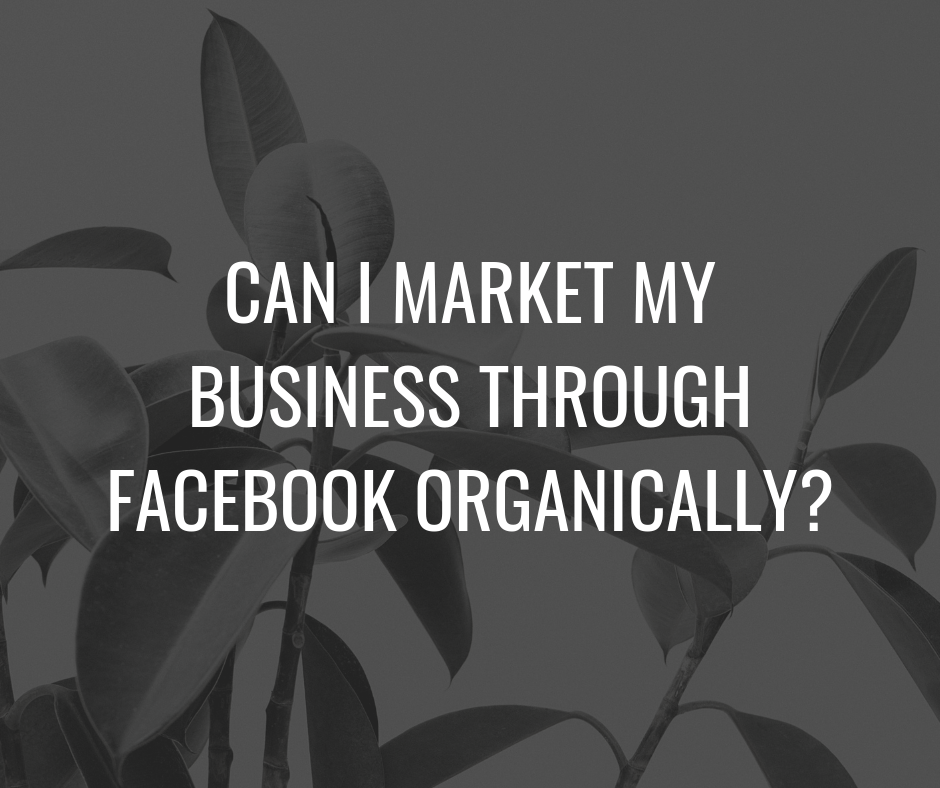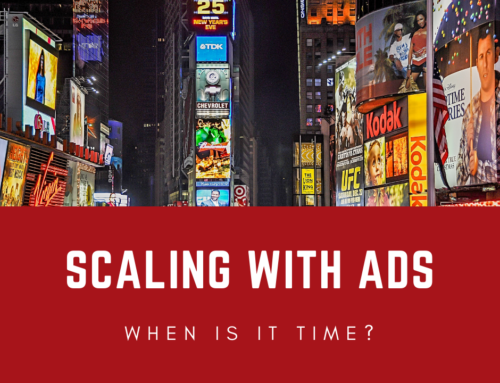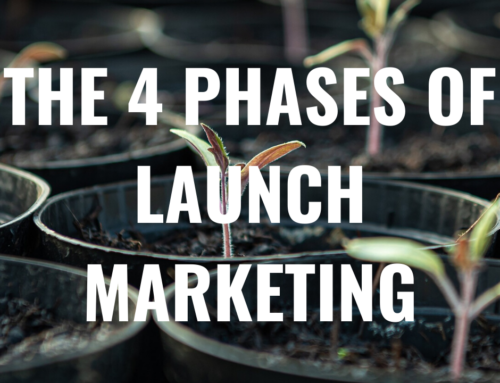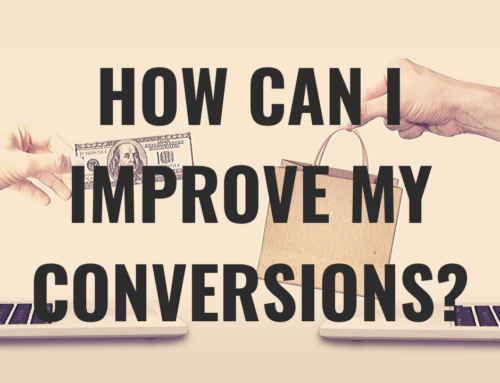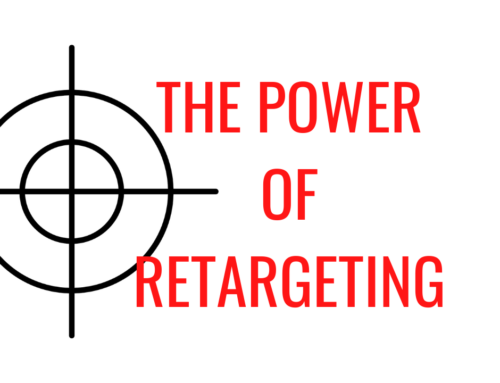In the early days of social media, we saw many stories of entrepreneurs who built up successful businesses on $0 budgets by just posting lots of content on Facebook and engaging with people. As a result, if you talk to entrepreneurs just getting started now, you will find that many of them think that this is still a highly viable approach.
Is it, though?
It would be inaccurate to say that building a business through organic Facebook outreach is as easy as it used to be. It would also be inaccurate to say that it is impossible.
So what is it that makes organic business growth on Facebook difficult now, and how can businesses still do it successfully?
The Algorithm Change
When you scroll down your Facebook feed, you will see activity from your friends as well as content posted in pages and groups that you like and follow.
It used to be that you would always just see whatever the most recent content posted was.
However, there were two problems associated with this…
Problem 1: Volume and Relevance
The reality was that people were joining hundreds of groups and liking hundreds of pages. This would lead to massive amounts of content being served to any given feed. As a result, you could scroll through your feed, click on something, immediately go back to your feed, and see completely different content…much of it not relevant to you at all.
People who had a tendency to like pages simply because they appreciated one thing posted by those pages soon saw their feeds inundated with stuff that they didn’t really care about.
Facebook’s solution was to automatically curate content based on numerous factors. For example, if a page makes a new post, whether or not you see that post will depend on how much you have interacted with that page. How often do you go there? How often do you like content? How often do you comment on posts? It will also depend on things like overall activity levels and engagement rates on the page.
As a result, many page and group administrators became frustrated to see that they would post content and hardly anyone would actually see it. Conversely, though, some administrators saw the opposite happen…because they were posting highly relevant content to be viewed by a highly relevant following.
Problem 2: Monetization
Let’s be frank: Facebook is a for-profit business. They were looking for a way to further monetize their content and platform. That being the case, Facebook used the volume and relevance issue as a basis for advancing more monetization. As in, Facebook gives preference to pages that pay to play. Now, administrators are given more opportunities (and encouragement) to spend money to ensure that their followers actually see the things that they post.
Many felt that this was a bit of a betrayal, as relevance does not directly correlate with the content creator’s ability to pay. Despite that, the concerns about volume and relevance were real, and, again, Facebook never claimed to be a charity.
Posting on Facebook Groups
Some gurus will suggest that a great way of getting “free advertising” is by joining Facebook groups relevant to your business and just making lots of posts with pretty pictures and links to your website.
This is actually a horrible idea, though, and it is worth noting that the gurus that advocate this kind of activity pretty much never do it themselves.
There are two kinds of Facebook groups when it comes to posting your free ads:
- Lawless groups. These groups sometimes openly identify themselves as places where you can post “free ads”. They have little or no oversight on what you are allowed to post.
- Regulated groups. These groups – which usually require an application to join – have strict rules about content, and they usually don’t let you post ads. And when you try to post an ad, it will get blocked or deleted.
Some may see this and think that lawless groups are great for entrepreneurs, but they really aren’t.
Because who sits and reads all of those garbage posts? No one. While it may seem great to think that you can post whatever you want, remember that other people can do the same as well. This results in groups full of spammy content…which people avoid. No one is reading through all of those free ads. You get what you pay for.
As an entrepreneur, even (especially) when you are starting out, your most precious resource is your time. Don’t waste it on lawless groups where people don’t even read anything.
Making Effective Posts on Facebook Groups
There is a way to make organic outreach through Facebook groups work, though. That is done by going to regulated groups and engaging in honest, meaningful, useful discussion.
Make informative and insightful posts that solve common problems relating to what you do. When people comment, respond to them. Show them that you care about them. Develop relationships. Foster an image in the community.
When people post about questions they have, give them meaningful answers to those questions.
This approach may not work if you are selling T-shirts, but if you are someone with high-ticket offers – such as if you are a web designer, career coach, business consultant, etc. – it can definitely work.
Running Your Own Facebook Group
One approach that many entrepreneurs have taken to do organic marketing on Facebook is to create a group that focuses on an interest relevant to their business offering. A Facebook group is different from a business page in that it focuses more on encouraging discussion and mutual engagement among its members.
If you take this approach, to make it work for you such that it helps you to achieve business goals, be sure to do the following:
- Regulate. Seriously, if you don’t regulate the content, it will turn into a spamfest, and no one will actually read anything. This doesn’t mean you need to be a fascist, but set certain guidelines for posts, and make sure people abide by those guidelines.
- Participate. People love to see you actually engaging in discussions and bringing value to the conversation. This will encourage them to increase their activity.
- Post often. Don’t be afraid to use your group to advertise your business. No, you don’t have to abide by the same rules as your members. Just make sure to provide something valuable and distinct with each post instead of saying “Buy from me!” over and over.
- Don’t post too much. You’ll get a sense of how much is too much based on the activity of others. Generally speaking, once your group is significantly large, you probably don’t want more than 1/3 of the posts to be your own.
This approach does come with its costs. It simply isn’t the right approach for every business. Used correctly, though, it can be an effective organic marketing channel for many different businesses.


